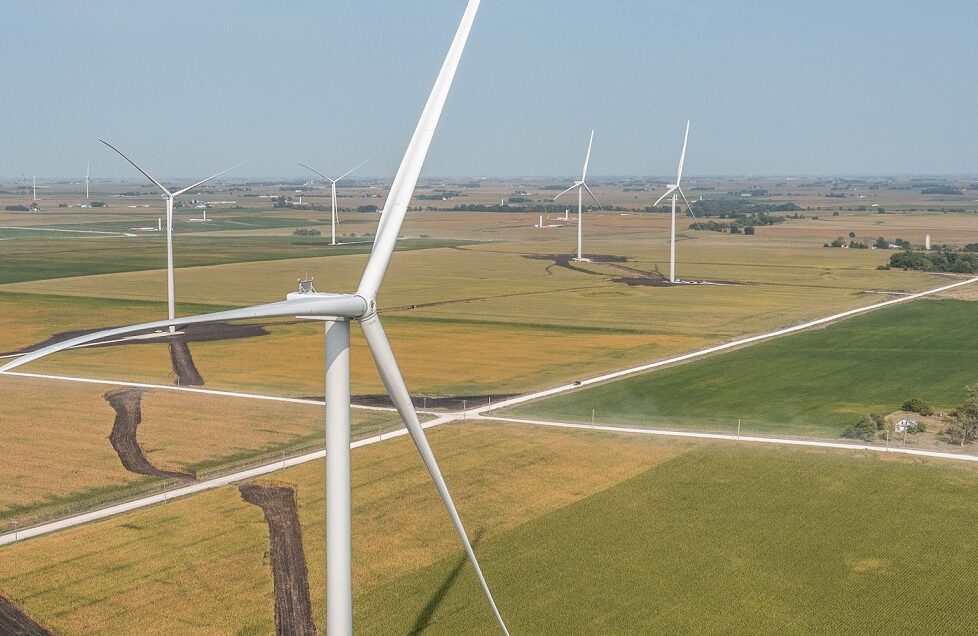Google Signs 189 MW Renewable Energy Purchase Agreement in North Carolina

Apex Clean Energy announced that it has signed a 189 MW power purchase agreement (PPA) with Google for renewable energy generated from the upcoming North Carolina-based Timbermill Wind project. The deal, the first PPA between the companies, represents the full capacity of the new project, expected to begin full commercial operation in 2024-2025.
According to the companies, the new agreement will contribute to Google’s commitment to power all its operations on 24/7 carbon-free energy (CFE) by 2030. Google parent Alphabet announced a 24/7 CFE ambition in 2020, aiming to run its entire business on carbon-free energy by 2030. Operating on 24/7 CFE means matching electricity demand with CFE supply every hour of every day, in every region where the company operates.
The agreement marks the latest in a series of renewable energy announcements by Google, including a 15-year 150 MW PPA in April with energy provider Ørsted and a collaboration launched in March with renewable transaction infrastructure provider LevelTen Energy to provide a faster and easier RFP process for PPAs, speeding up the time to negotiate and execute deals by around 80%.
Donna Calderon, energy senior lead at Google, said:
“Within the decade we have an ambitious goal for every Google data center to operate on clean electricity, every hour of every day. We’re excited to work with Apex for the first time to not only add wind power to one of the most difficult grids to decarbonize, but also bring additional clean energy jobs to North Carolina.”
Construction of the 189 MW Timbermill wind farm began in May 2023. The facility will consist of up to 45 turbines spread across timber and agricultural lands, providing enough energy to power an estimated 47,000 homes annually. According to Apex, the project will contribute $190,000 to local conservation efforts, generate around $33 million in tax revenue, and provide and a new source of income for local landowners and farmers.
Ken Young, CEO of Apex, said:
“Timbermill Wind demonstrates the Apex team’s unmatched ability to execute on our expansive portfolio, even in a region notoriously difficult to advance wind power. Alongside Google, with shared values and an ambitious perspective of its role in the energy transition, we’re pleased to deliver this best-in-class project—one only achievable through this strong collaboration.”